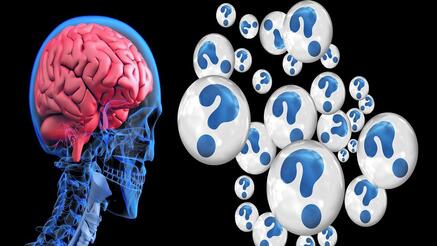Alzheimer’s is a progressive disease which affects memory as well as other relevant memory functions. While most people suffer from Alzheimer’s in their late years, rare conditions suffer from early-onset Alzheimer’s which occurs before the age of 65. The reasons responsible for early-onset Alzheimer’s are not yet fully comprehended by the scientists, yet they have significant doubts in the role of “bad cholesterol” in it. The only determined factor is genetic, namely the expression of a variant of the gene APOE, called APOE E4, which also has an association with higher levels of circulating low-density lipoprotein (LDL) cholesterol. Earlier researches have shown that LDL cholesterol has adverse effects on health as its rise in level could lead to accumulation in arteries thus obstructing blood flow, which in turn leads to cardiovascular issues, hence known as bad cholesterol. A new study has revealed the connection of high (LDL) cholesterol with early-onset Alzheimer’s. Lead author Dr. Thomas Wingo says that their next agenda is to establish whether there is a causal link between cholesterol levels in the blood and Alzheimer's disease risk and that the current analysis has been vague about this. “One interpretation of our current data is that LDL cholesterol does play a causal role. If that is the case, we might need to revise targets for LDC cholesterol to help reduce Alzheimer's risk.", saya Dr. Thomas Wingo.


